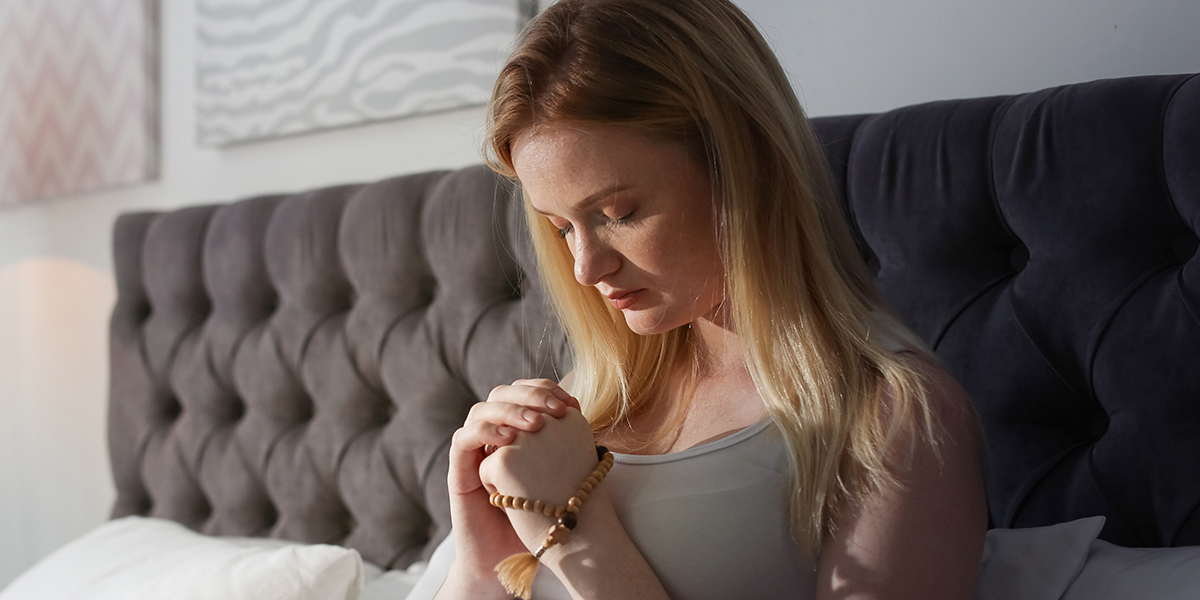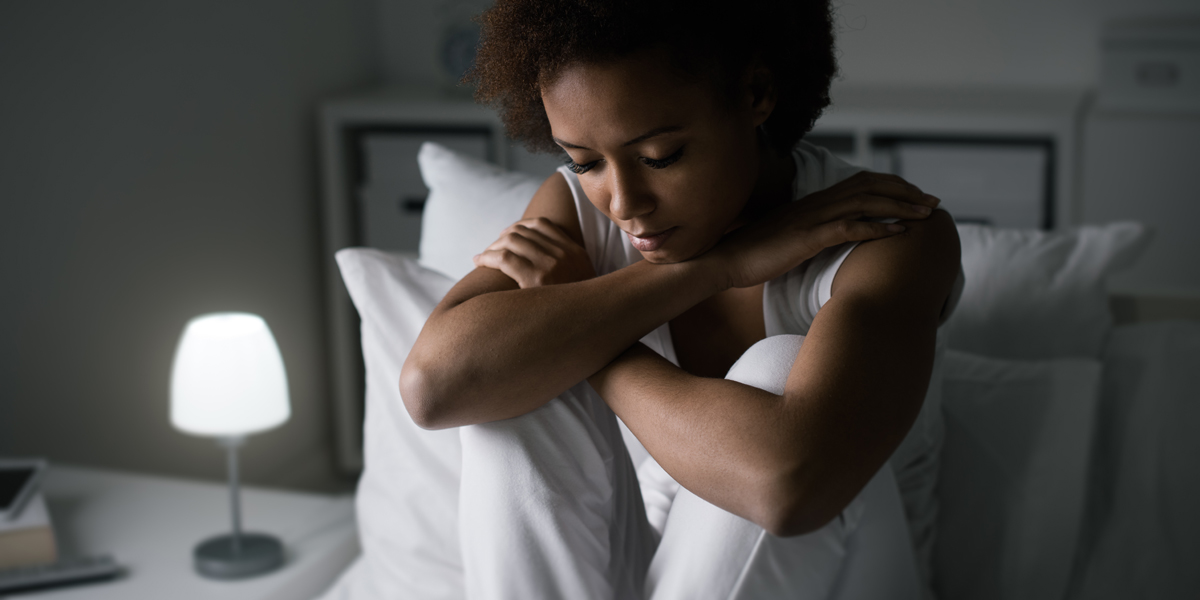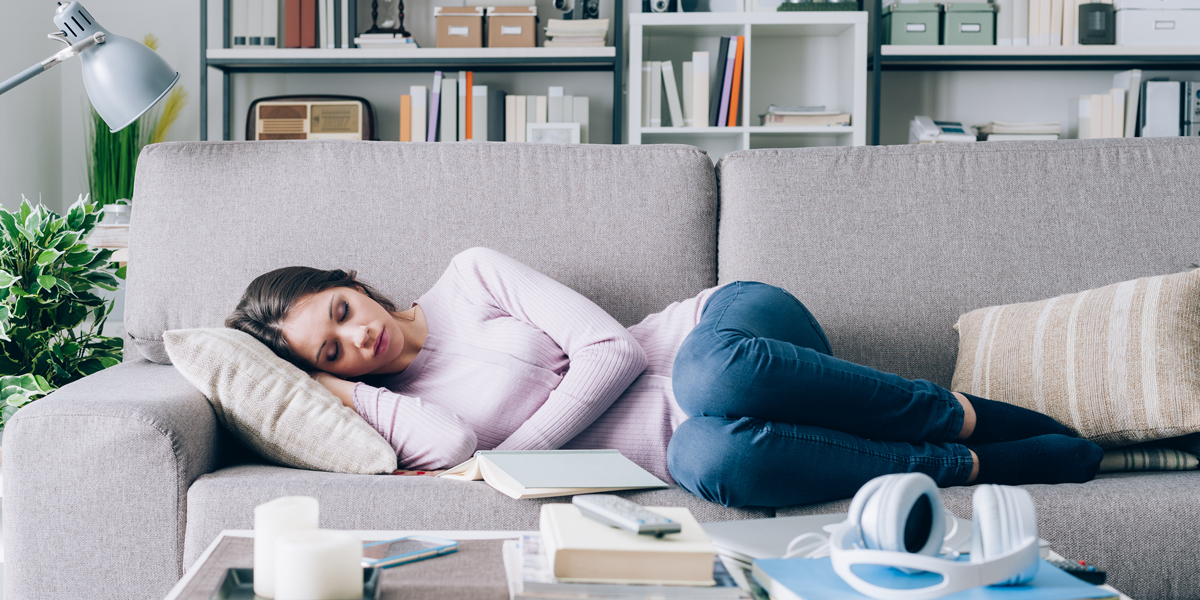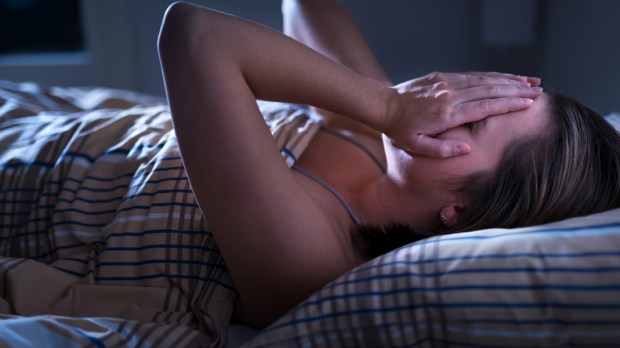For many of us, the change in habits that come from staying at home—together with emotional stress caused by fear of catching COVID-19 and other consequences of the pandemic—can negatively effect the quality and quantity of our sleep, a fundamental resource for preserving our health. Sleeping well is essential to keeping our immune system highly efficient in the face of sources of possible infection, as the Mayo Clinic warns on its website. Here are some suggestions that can help us to preserve this precious and indispensable asset.
1Avoid altering your sleep rhythms.
Spending days on end confined indoors affects our sense of time, which is largely marked by our social commitments, which are now practically absent. For many people, this leads to a tendency to go to bed later, because the next day you don’t have to go to work. Going to bed later leads to waking up later in the morning, or to taking naps during the day.
We should resist this temptation, however. Never before has it been so important to keep our sleeping routine as unaltered as possible. We need to have the discipline to go to bed at a regular time and wake up at an appropriate time so we can get the 7-8 hours of sleep necessary for our body to be optimally rested.
2Don’t overexpose yourself to electronic screens.
Our sleep-wake cycle is regulated by an internal “orchestra conductor,” the so-called biological clock, located in the hypothalamus and sensitive to light stimuli. The blue light emitted by technological devices, which we use now more than ever to counteract social isolation, interferes with our biological clock’s operation.
Our devices actually make us believe that it’s still daytime when it’s actually night. This hinders the production of melatonin, the hormone that facilitates the process of falling asleep. For great sleep, it’s best to switch off these devices at least one hour before going to bed.
3Find peace in prayer.
Did you know it’s scientifically proven that prayer reduces stress levels? Praying has various positive effects at a physiological level, in particular (but not only) on the cardiovascular system. Sleep also improves with prayer.

While it’s true that prayer activates the parasympathetic system, more importantly, it is through prayer that God helps us to let go of any anger or animosity resulting from conflict with our neighbor. Holding on to grudges or anger is a real poison for our whole being, a demon that doesn’t go into quarantine even in this time of CoVid-19.
It is precisely that “forgive us our trespasses as we forgive those who trespass against us” that can make the difference between sleeping and not sleeping, especially in such a difficult season when we may be increasingly tempted to seek a scapegoat at all costs.
4Avoid turning to medication at the first sign of difficulty falling asleep.
The temptation to immediately solve the problem of falling asleep by resorting to chemistry can be very strong. However, this bears with it the risk of creating a habit or, worse, an addiction. It’s best to try other methods first. Keep in mind that many of the medicines we commonly take can interfere greatly with sleep, especially if taken at the wrong time. Instead, try natural substances such as valerian, or drink relaxing herbal teas and take melatonin-based products in moderation.
5Don't fill your head with bad news before you go to bed.
The stress that follows reading news that is certainly not reassuring can hinder falling asleep and make us wake often during the night, reducing the restorative value of our sleep. It helps to concentrate our intake of information about the pandemic in predefined time windows during the day. In particular, avoid reading or watching such news towards the end of the day, so it doesn’t interfere with a restful night.

6Even the limited physical activity possible right now can improve sleep.
With a little imagination, we can find ways to keep our bodies active, even with the restrictions of social distancing. Every little bit helps! Physical movement has so many benefits: It improves moods, relieves tension in muscles, helps keep anxiety under control, and improves the quality of sleep.
Even without leaving home, we can do body weight exercises, stretching, skipping rope, push-ups, etc. Some of us may have dusty exercise bikes or treadmills at home just waiting to be pulled out of the closet or basement. One thing to watch out for, though, is to finish strenuous physical activity at least a couple of hours before going to sleep, so your body has time to calm down after exercise.
7Don't overdo it with naps.
Inactivity and boredom can cause some people to overdo it when taking naps. As with so many things, there’s a happy medium; a couple of naps lasting no more than 20 minutes each can be regenerating, but taking too many long naps may interfere with nighttime sleep. Naps can shift our sleep-wake rhythm forward a lot. It’s also best to avoid taking a nap immediately after lunch, because for many people, it delays the digestive process.

8Eat a light dinner at least a couple of hours before bedtime.
Abundant meals with hard-to-digest food can create difficulties in getting to sleep. We should also avoid alcohol too close to bedtime, or drink it sparingly, because in large quantities it’s certainly not conducive to sleep (contrary to popular belief!). For people sensitive to caffeine, it’s also best to avoid drinking coffee or tea in the late afternoon, as it stimulates the central nervous system.
9Relax
Taking a shower or bath that’s not too hot can help you sleep, as long as your bedroom isn’t kept at too high a temperature. Even reading a few pages of a good book can be a valuable strategy to help us fall softly into dreamland. Especially for those who love music, listening to relaxing songs before going to bed induces a decrease in the tone of the sympathetic nervous system, resulting in a pleasant soporific effect.

Read more:
If you are exhausted, say this prayer to Our Lady to get some rest

Read more:
Got insomnia? Here’s a meditation for when you can’t sleep

